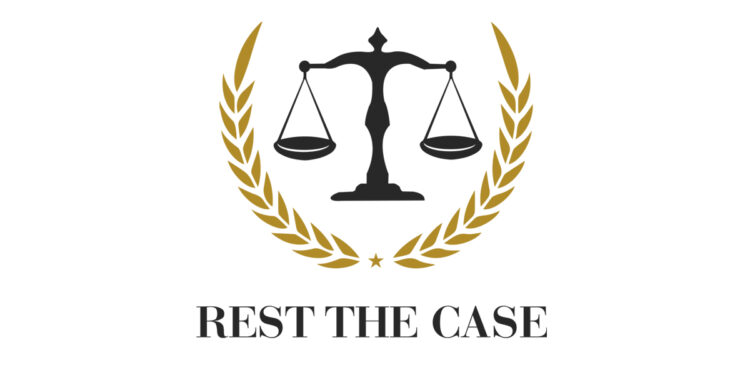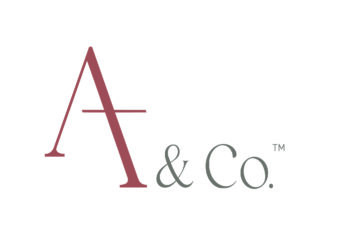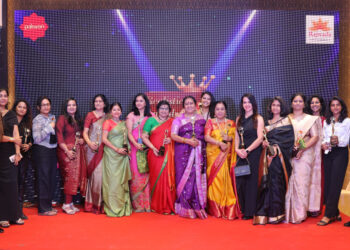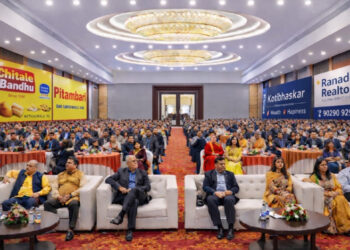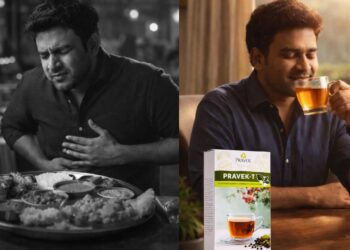Pune, (Maharashtra), [India], August 4, 2025: India’s leading legal platform, Rest The Case, recently hosted a timely and impactful panel discussion titled “Admissibility of Secret Recordings: A Panel Discussion on Privacy vs. Evidence.” The conversation centered on one of the most debated legal questions of our time: Can secretly recorded conversations be used as evidence in court, and at what cost to individual privacy? The recent ruling, particularly in matrimonial disputes, has stirred intense debate by prioritizing the admissibility of evidence, raising serious concerns about civil liberties, the potential for misuse, and the erosion of trust in personal relationships.
The Supreme Court’s recent decision, which appears to prioritize the admissibility of evidence over individual privacy, has sparked considerable debate. This ruling raises significant concerns about civil liberties, potential misuse, and the erosion of trust in personal relationships.
The panel featured prominent legal experts, including Adv. Vikas R. Sharma, founder of Vikas Sharma & Associates, an experienced litigator with over 15 years of legal expertise, and Adv. Saurabh Sharma, a strategic legal expert with two decades of experience, whose firm, JSSB Legal, was recognized as “Most Trusted Law Firm of the Year 2024.”
The discussion commenced with an examination of the current legal landscape regarding secret recordings as evidence. Panelists debated whether the Supreme Court’s ruling sets a dangerous precedent or represents a necessary legal evolution, analyzing its implications within the Indian Evidence Act. They explored how the relevance of evidence is weighed against collection methods and how concepts like “mental cruelty” or “infidelity” might justify privacy breaches in marriages under current jurisprudence.
The conversation then shifted to ethical and practical concerns, addressing the potential for a surveillance culture in relationships and the challenges courts face in authenticating recordings. The delicate balance between protecting privacy and ensuring truth in legal disputes was thoroughly explored.
Comparative perspectives from jurisdictions like the UK and US were also considered, prompting discussion on potential safeguards for India, such as requiring judicial permission for such evidence. The session concluded by advising lawyers on how to guide clients with such recordings and whether the ruling ultimately enhances justice or compromises civil liberties.
Miss Shreya Sharma, Founder and Director of Rest The Case, concluded the event by stating, “As lawyers, policymakers, and citizens, we have a responsibility to strike a balance between truth and privacy, proof and ethics, and law and humanity. We hope this conversation helped you better understand not just what the law says but what it should stand for.”
Rest The Case remains committed to fostering these crucial dialogues to make the law more accessible and future-ready.


